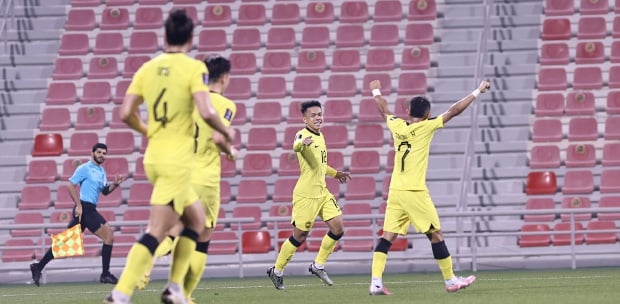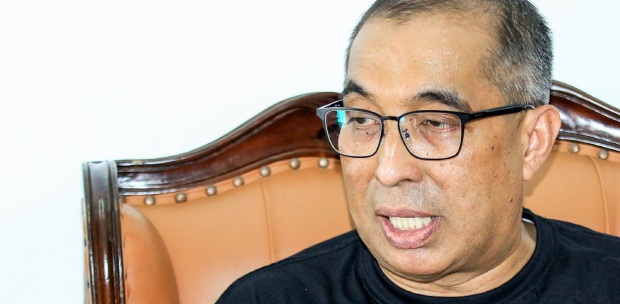THE beauty of WhatsApp groups is that you can easily send messages to a whole lot of people with just a swipe of your finger. Advertisers and people who seek publicity have quickly come to use WhatsApp groups for their own ends, which is why our ‘inbox’ is deluged with not only recycled jokes and recommendations for places to eat but also for-sale items like Raya cookies and Amway-like household items.
More and more these days, the WhatsApp facility is used by those who want to solicit donations or contributions. We always hear of new mosques being built, orphanages in need, or schools which lack sports equipment. Malaysians are a philanthropic lot — it takes us just a short time to raise enough money for anything under the sun. And because of this, there are those who take advantage of this largesse.
Recently, I received a forwarded message asking for funds for Putrajaya Hospital. It seems there is a need for a surau because the one they currently have is “small”. That was the heading. Then you scroll down to find out how much is needed — and this was where my heart palpitations began.
The amount? A staggering RM6.01 million.
Yes, I know that the RM6.01 million is not just for a small surau. It is for space big enough to accommodate Friday prayers, a welcoming lobby, office space, a pantry, and a hostel to house the relatives of patients.
Funny, I always thought a hospital is to cure the sick, or give palliative relief. That could have been money for more hospital beds or better equipment. Surely nurses have more important things than to run a hostel?
I thought then of the area in Thies, Senegal which had also solicited some funds for a community mosque. The amount they wanted was around RM2,000. For the whole mosque.
And then I thought of the orphanage just outside of Dakar that housed some 150 children, from babies to 12-year-olds, and needed roughly RM6,000 per month to house, clothe, and educate all the orphans.
We Malaysians have become just too wealthy for our own good. For many people in the developing world, a house of worship need not necessarily be a house, or even a structure. You can pray just about anywhere.
At a recent Organisation of Islamic Cooperation meeting in one of the African countries, solat (prayers) was effectively held, literally, on the ground of the convention centre with only a tent as a covering against the hot sun. Mengkuang mats were spread out for the worshippers and a thin muslin cloth separated the men from the women. They did not need fancy marble-tiled floors as a flooring or handcrafted wood to adorn the prayer area. It was simplicity at its finest — just you, your prayer mat, and the outdoors to remind you of the existence of God.
The RM6.01 million call for funds was by far not the worst of the messages received. There was also the forwarded message to fund a school field. Apparently, the current field was in dire need of grass, so the Parent-Teacher Association decided to launch an appeal to buy grass in square lots. A total of xx lots were needed, which amounted to RM80,000. Fair enough. But think of all the mouths that amount would feed — RM600 per month for a Syrian refugee family, or RM380 for a Yemeni family.
And then there was the appeal for funds to buy a bus for a
school, my alma mater. It must have been one of those super-posh, ultra-equipped hotel-on-wheels thing because one bus was going to cost RM500,000. Half a million ringgit. When I was there, we had no problems riding to our gigs in a normal run-of-the-mill bus. We still survived. We still made something of ourselves, I think.
My point being, you may ask?
Philanthropy is good, but it has to be right — the right cause, the right people, the right price. Cases such as those above only shame us in their extravagance. But not all the messages are about soliciting funds.
Recently there was a forwarded message from a university that was encouraging applications for their undergraduate courses. What made it different was that the students who were accepted would also be given full scholarships, thanks to a generous education waqf from the Albukhary Foundation. This was a case of a right cause towards an excellent end.
There are so many needy people in the world. As a people who have a lot to give, we should give, and give often. But at the same time, we should not encourage wastage, which is a sin in its own right. Every ringgit should count. Only then can we hope to make a change.
The author is a foreign service officer who writes on international affairs with a particular emphasis on Africa






